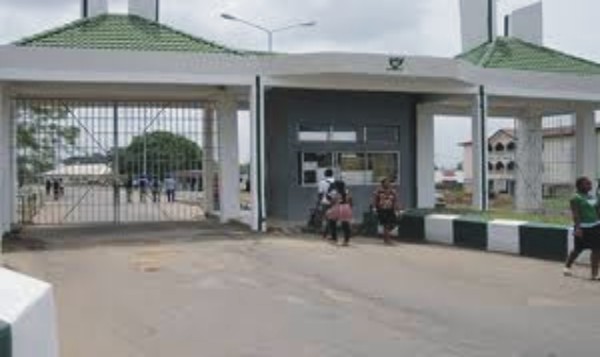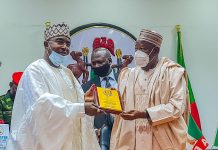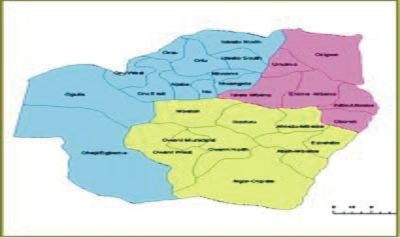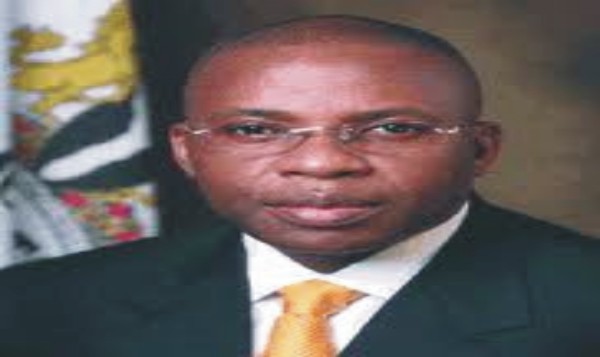As Nigeria plans to celebrate 100 years of nationhood on January 2nd 2014, a warning has been advanced to the Federal Government to be careful .
This was disclosed by Academician Dr. Phillip Njemanze who revealed at the weekend that the amalgamation of Northern and Southern Protectorates by Lord Lugard on January Ist 1914 which gave birth to Nigeria expires on January 2nd 2014.
Njemanze anchored his submission on the strength that by international laws, all territorial and land rights ceases to exist after 100 years in operation, stating that this is applicable to Nigeria which must have gotten to this stage.
He said technically, Corporate Nigeria ceases to exist which implies that all democratic institutions in the country will cease to operate and function after January 2nd, 2014.
He said since nature abhors vacuum, traditional institutions that were in place before the amalgamation of the country takes over the business of governance in various parts of the country.
According to him, It therefore implies that the Western Province which has its administrative headquarters in Lagos, Central Province which had its headquarters in Warri, Eastern Province which had it’s headquarter in Calabar will roar back to existence after Nigeria’s nationhood expires on January 2nd, 2014.
“By January 2nd, 2014, it implies everything about Nigeria may expire . These include the three Arms of Government and other democratic institutions until a time there is a Renewal of that amalgamation or unification agreement.
However, the referendum by the UN must be organized before the expiration or break up of the country” he stated.
He said only a self determination exercise by way of referendum carried out by the people of Nigeria in accordance with international laws and protocol will determine if Nigerians want to co- exist and live together again.
Njemanze pointed out that in Sudan, there was a similar situation which led to the division or split of the country, stating that after the expiration of the amalgamation of the Sudan in 1912 also conceptualized by Lord Lugard, there was need for a renewal of that agreement which led to a UN backed referendum in 2012.
He pointed out that the outcome of the referendum gave birth to South Sudan.
Njemanze explained that Nigeria should regularise its nationhood wondering why the Federal Government should focus on spending trillions of naira to celebrate 100 years of nationhood in January 2014, when the unification of the country by Lord Lugard will expire by that time.
Dr. Njemanze who is of the Royal Njemamze family in Owere Nch Ise, added that the disadvantages of not renewing Nigeria’s nationhood entails affecting international agreements, as nations and multi- national firms cannot do business with the country, stressing that failure to do so will affect international agreements and treaties, as no country can afford to deal with an entity that is illegal.
Welcome!Log into your account










